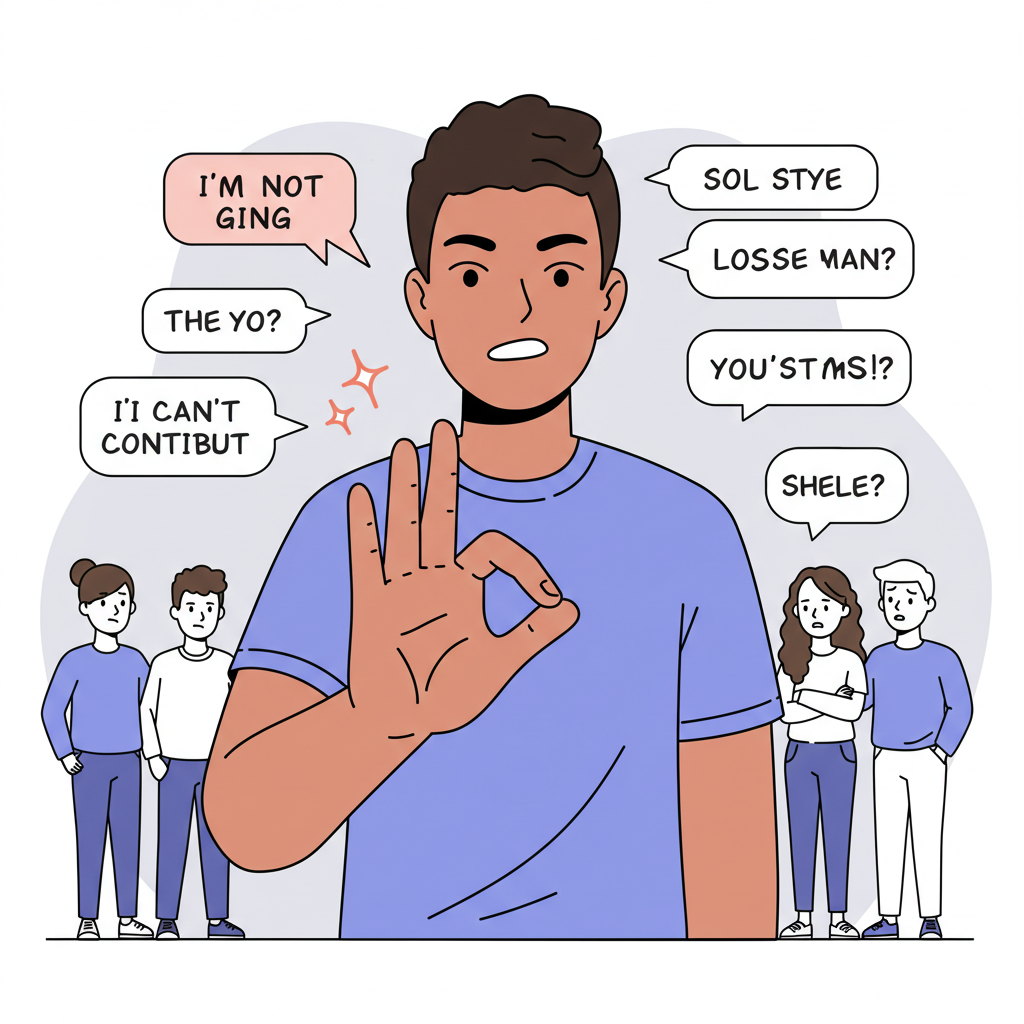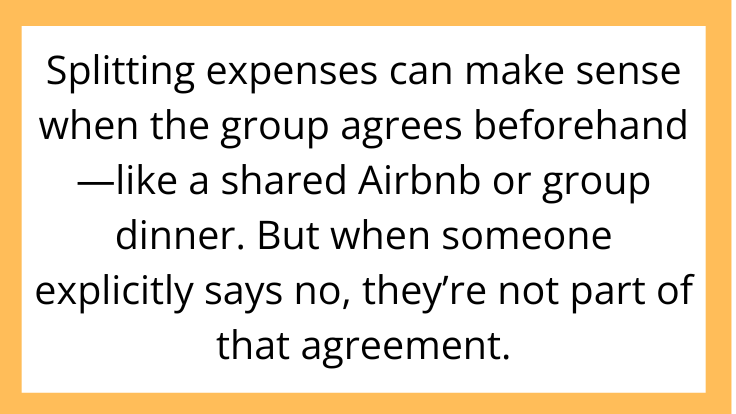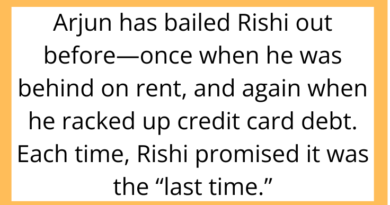AITAH for Refusing to Pay for My Friend’s Birthday Trip When I Didn’t Even Go?
Sometimes, friendships blur the lines between generosity and obligation. That’s what one Reddit user discovered when their friend group planned a lavish birthday getaway—and then expected everyone to chip in, even those who stayed home.
This AITAH scenario dives into whether it’s fair to be charged for something you never agreed to participate in—and whether standing up for your own boundaries makes you a bad friend.
The Story: An Invitation That Was Never Accepted

The Original Poster (OP) explained that their college friend group decided to celebrate one friend’s 30th birthday with a four-day trip to an expensive resort. OP was invited but politely declined, citing financial constraints and needing to save for their own upcoming move.
Everyone seemed to understand, and OP thought that was the end of it.
But after the trip, the birthday friend sent a message to the entire group chat:
“Hey everyone! Just splitting the costs evenly—here’s each person’s share!”
OP was shocked to see their name included on the invoice, despite never attending.
When they replied that they wouldn’t be paying for a trip they didn’t go on, the birthday friend called them selfish and accused them of “ruining the spirit of the celebration.”
Now OP is wondering: Am I the jerk for refusing to pay for my share of the birthday trip I didn’t attend?
The Line Between Celebration and Obligation

You Can’t Be Expected to Fund Someone Else’s Fun
Many Redditors pointed out that just because you’re invited doesn’t mean you automatically agree to pay. An invitation isn’t a contract.
OP didn’t agree to go, didn’t sign off on any shared expenses, and made it clear they weren’t participating. There was no confusion—just entitlement.
In any adult friendship, respect for financial boundaries is crucial. Expecting someone to subsidize a trip they opted out of is unreasonable.
Group Costs Work Only If Everyone Opts In
Splitting expenses can make sense when the group agrees beforehand—like a shared Airbnb or group dinner. But when someone explicitly says no, they’re not part of that agreement.
If the birthday friend wanted everyone to contribute regardless of attendance, that should have been communicated before planning, not as a surprise invoice.
The Emotional Fallout: Guilt, Manipulation, and Friendship Politics

“You’re Ruining the Spirit of the Group”
One of the most manipulative tactics in situations like this is guilt-tripping—using emotional language to make someone feel like the bad guy for protecting their own boundaries.
By saying OP was “ruining the spirit of the celebration,” the birthday friend tried to shift the blame for an awkward situation they created by assuming financial consent.
Friendship Shouldn’t Come With a Price Tag
Plenty of people in the AITAH thread shared similar experiences:
-
Being expected to pay for events they couldn’t attend.
-
Being labeled “cheap” for prioritizing bills over luxuries.
-
Feeling like friendships were conditional on spending money.
These stories highlight an important truth: friendship isn’t about how much you spend, but how much you respect each other’s choices.
Reddit’s Verdict: Not the Jerk

Reddit’s judgment was overwhelmingly clear: Not the jerk.
Here are a few standout comments:
“Invited ≠ obligated.”
“They decided to take a trip you couldn’t afford. That’s on them, not you.”
“If you didn’t agree to it, you don’t pay for it.”
This consensus underscores a simple rule: If you don’t participate, you don’t pay.
How to Handle Similar Situations in the Future

Be Clear and Direct
If you’re ever in a similar position, it helps to state plainly:
“I’m not going, and I won’t be contributing to any group costs.”
That way, there’s no ambiguity later.
Ask for Written Confirmation
If plans involve shared costs, get agreement in writing—especially in group chats. That protects everyone from assumptions or “he said, she said” disputes.
Don’t Let Guilt Override Boundaries
Feeling pressured to help friends is normal. But there’s a difference between generosity and being taken advantage of. Healthy friendships can survive a “no.”
Final Thoughts: You’re Not Wrong for Protecting Your Finances

At the end of the day, everyone has a right to set limits—especially when it comes to money.
Declining an invitation isn’t a betrayal. Refusing to pay for something you didn’t agree to isn’t selfish.
It’s just being an adult with priorities.



